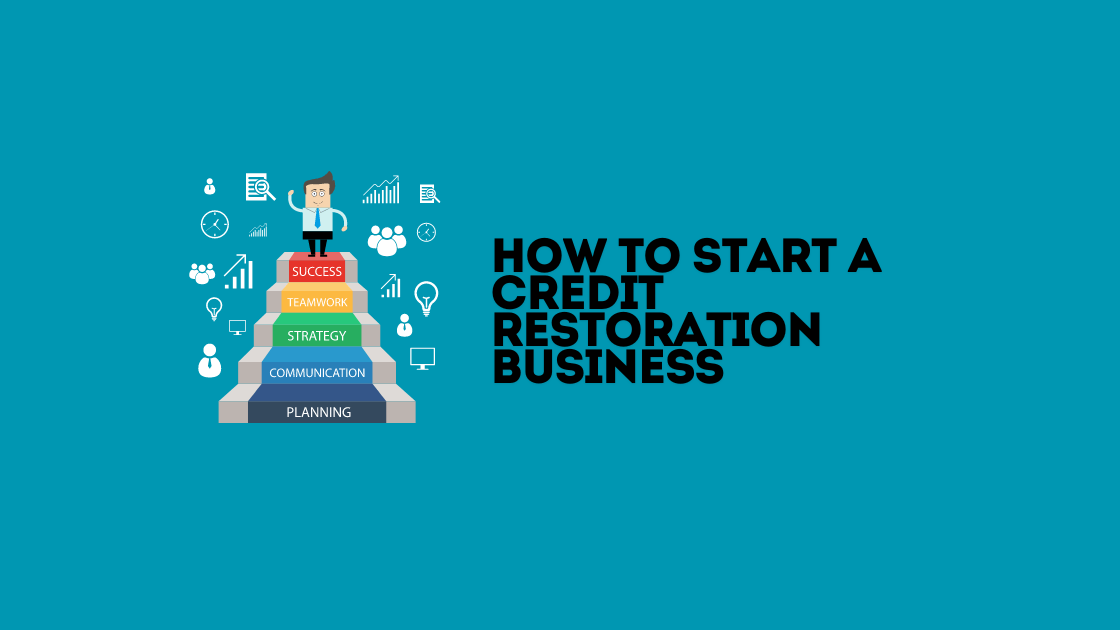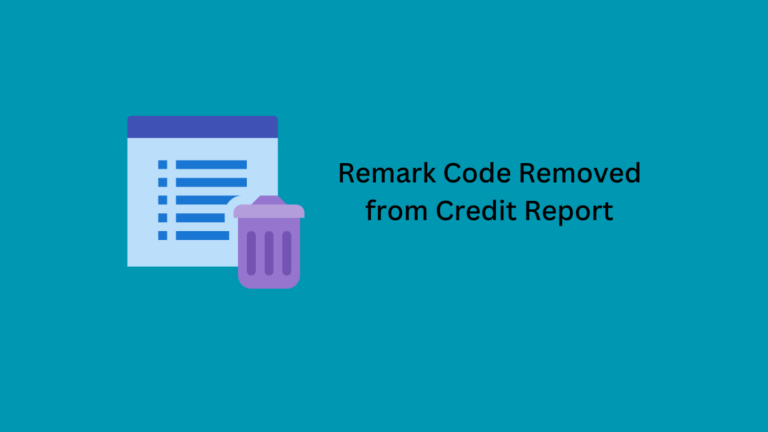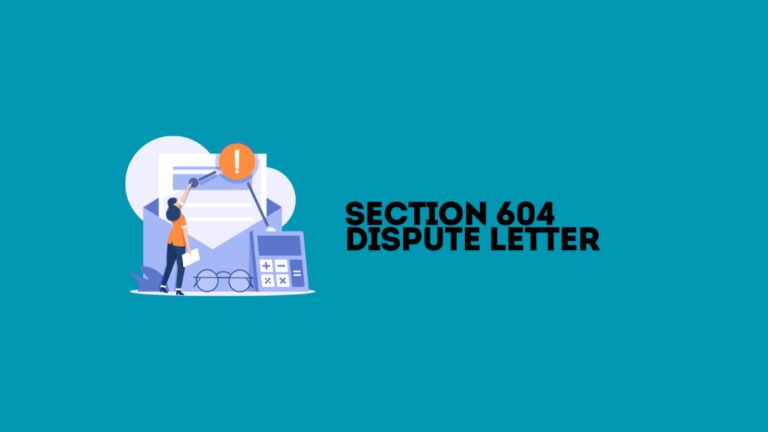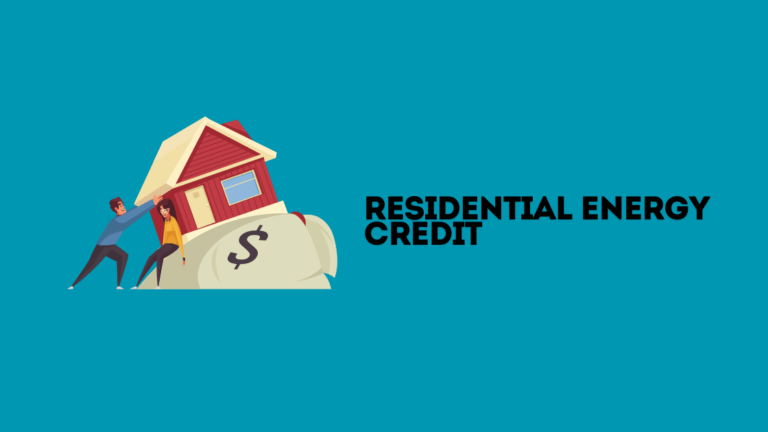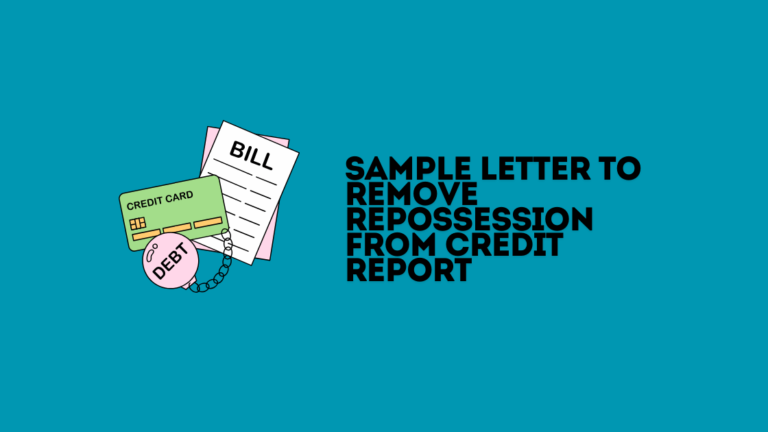How to Start a Credit Restoration Business: A Step-by-Step Guide
To start a credit restoration business, research the industry and obtain the necessary certifications. Create a business plan and secure funding. Consider partnering with other professionals in the financial industry, such as mortgage brokers and real estate agents, to expand your network and reach potential clients. Additionally, investing in marketing efforts, such as creating an online presence and offering educational resources, such as the ultimate credit restoration guide, can help attract clients and establish your business as a trusted resource in the industry. By following these steps, you can position your credit restoration business for success and help individuals improve their financial well-being. Additionally, training and educating yourself and your staff on the latest credit restoration techniques and regulations will ensure that you are providing high-quality service to your clients. Consider offering services such as personalized credit analysis and quick credit sweep steps to address specific client needs and provide a tailored approach to improving their credit. By staying informed and offering valuable services, you can build a strong reputation and attract a loyal client base to sustain your business in the long run.
Credit restoration businesses help individuals improve their credit scores. Begin by understanding credit laws and regulations.
Obtain certifications from reputable organizations to build credibility. Develop a detailed business plan outlining services, pricing, and marketing strategies. Secure initial funding through loans or investors.
Register your business and obtain the required licenses. Invest in professional software to manage client data efficiently. Build a strong online presence with a user-friendly website and active social media profiles.
Network with financial advisors and real estate agents to gain referrals. Offer excellent customer service to build trust and ensure client satisfaction.
Credit Repair Cloud offers free training on starting a Credit Repair Business. You can Try it Here.
The Rising Demand For Credit Repair Services
In today’s financial world, many people struggle with credit issues. This creates a booming demand for credit repair services. These services help people fix their credit scores and improve their financial health. Starting a credit restoration business can be highly lucrative due to this demand. Let’s explore why this demand is rising and the current financial landscape.
Current Financial Landscape
The financial world is complex and ever-changing. Many people find it hard to manage their finances. Loans, credit cards, and mortgages are common financial tools. They also contribute to many people’s debt. Poor financial decisions lead to bad credit scores. This makes it hard to get loans or buy a house. Many people need help to improve their credit scores.
The economy has ups and downs. During tough times, more people face financial issues. Jobs are lost and debts pile up. This increases the need for credit repair services. People want to rebuild their credit scores to secure better financial futures.
Consumer Credit Challenges
People face many challenges with their credit. Misunderstanding credit reports is common. Errors in credit reports can hurt credit scores. Many don’t know how to dispute these errors. High interest rates on loans make it hard to pay off debts. This can lower credit scores further.
Credit card debt is another big problem. Many people use credit cards for daily expenses. This leads to high balances and missed payments. Late payments and high balances damage credit scores. People need help to manage and reduce their credit card debt.
Consumers often lack financial education. They don’t know how to build good credit habits. This includes paying bills on time and keeping credit card balances low. Credit repair services educate consumers. They teach how to maintain a good credit score.
| Challenges | Impact on Credit Score |
|---|---|
| Errors on credit reports | Lower credit scores |
| High-interest rates | Hard to pay off debts |
| Credit card debt | Missed payments and high balances |
| Lack of financial education | Poor credit habits |
Credit: clientdisputemanagersoftware.com
Legal Considerations Before Starting
Starting a credit restoration business involves understanding various legal aspects. These considerations ensure your business operates within legal boundaries. Adhering to these laws helps you avoid penalties and builds trust with clients.
Understanding Credit Repair Laws
Credit repair laws vary by country. In the United States, the Credit Repair Organizations Act (CROA) governs these businesses. This law outlines specific rules for credit repair companies.
- You must provide clients with a written contract.
- The contract should detail services and payment terms.
- Clients have the right to cancel within three days.
- Do not make false claims about what you can achieve.
Ensuring compliance with CROA is essential. Violations can lead to fines and legal action. Always stay updated on any changes to the law.
State Regulations And Requirements
Each state has unique regulations for credit restoration businesses. Some states require specific licenses or bonds. Research your state’s requirements thoroughly.
| State | Requirements |
|---|---|
| California | Register with the Department of Justice |
| Florida | Obtain a $10,000 surety bond |
| Texas | Register as a Credit Services Organization |
Failure to comply with state laws can result in severe consequences. This includes fines, business closure, and legal action. Always consult with a legal expert before starting your business.
Understanding both federal and state laws is crucial. It ensures your business operates legally and ethically. This foundation fosters trust and credibility with your clients.
Crafting Your Business Plan
Crafting a solid business plan is crucial when starting a credit restoration business. This plan serves as your roadmap, guiding you through each step. It helps in setting clear objectives, understanding your market, and creating effective strategies.
Defining Business Objectives
Start by defining your business objectives. What do you want to achieve? These objectives should be clear and measurable.
- Increase client base by 20% in the first year.
- Achieve a 90% customer satisfaction rate.
- Expand services to three new states within two years.
Market Analysis And Strategy
Conduct a thorough market analysis. Understand who your competitors are. Identify your target audience.
Develop a strong marketing strategy. Use online ads, social media, and SEO. Engage with your audience through informative blog posts.
- Create a website optimized for search engines.
- Start a blog to share credit repair tips.
- Use social media to connect with potential clients.
- Offer free consultations to attract new clients.
Use these steps to craft a strong business plan. A clear plan keeps your business on track.
Securing Licenses And Registrations
Starting a credit restoration business involves several critical steps. One of the most crucial is securing licenses and registrations. Proper licensing ensures you operate legally and gain client trust. Let’s dive into the details of the required permits and how to register your business entity.
Required Permits For Operations
Every state has different regulations for credit restoration businesses. You need to check your state’s requirements. Here are common permits you may need:
- Business License: This is the basic permit to operate legally.
- Credit Services Organization (CSO) License: Some states require this specific license.
- Surety Bond: A bond is often required for credit repair businesses.
- Data Protection Registration: Ensures you handle client data responsibly.
Getting these permits involves filling out forms and paying fees. Make sure to stay updated on your state’s regulations.
Registering Your Business Entity
Before you start, you must register your business entity. Choose a suitable structure like:
- Sole Proprietorship: Easiest to set up, but offers no personal liability protection.
- Limited Liability Company (LLC): Provides liability protection and tax benefits.
- Corporation: More complex, best for larger businesses seeking investors.
After deciding, you need to complete the following steps:
| Step | Action |
|---|---|
| 1 | Choose a business name |
| 2 | File formation documents with your state |
| 3 | Obtain an Employer Identification Number (EIN) from the IRS |
| 4 | Register for state and local taxes |
Registering your business entity helps establish credibility and legal standing. Make sure to follow all state-specific requirements.
Setting Up Your Office
Starting a credit restoration business requires a well-organized office. Your office is where you’ll meet clients and handle sensitive information. A professional setup boosts your credibility and efficiency.
Choosing A Location
Selecting the right location is crucial for your business. Consider a place that is easily accessible for your clients. A central location in your city or town is ideal. Ensure the area is safe and has ample parking space.
Think about the size of your office. You need enough space for your desk, client seating, and storage. A comfortable waiting area for clients can make a big difference. A welcoming environment helps clients feel at ease.
| Factors to Consider | Details |
|---|---|
| Accessibility | Easy for clients to reach |
| Safety | Secure location with good lighting |
| Space | Enough room for all necessary furniture |
| Parking | Ample parking for clients |
Office Technology And Equipment
Investing in the right technology and equipment is essential. A reliable computer and high-speed internet are a must. You will need these for client management and online tasks.
Consider the following equipment for your office:
- Computer: A desktop or laptop with good performance.
- Printer and Scanner: For printing contracts and scanning documents.
- Phone System: A professional phone system with voicemail.
- Office Furniture: Comfortable chairs, desks, and filing cabinets.
- Shredder: For securely disposing of sensitive documents.
Use software to manage your business operations. Customer Relationship Management (CRM) software can help you track client progress. Accounting software ensures your finances are in order.
Maintain a backup of all important data. Use cloud storage for secure and easy access. Your office setup should prioritize efficiency and security.
Building A Strong Brand
Creating a successful credit restoration business starts with building a strong brand. Your brand represents your values and sets you apart from competitors. A strong brand attracts clients and builds trust.
Developing A Brand Identity
Your brand identity includes your logo, color scheme, and overall style. Choose colors and fonts that reflect your business values. Make sure your logo is simple but memorable.
- Logo: Design a logo that is easy to recognize.
- Colors: Use colors that convey trust and professionalism.
- Fonts: Select fonts that are clean and readable.
Think about your brand’s voice. Is it friendly, professional, or authoritative? Your brand voice should match your target audience’s expectations.
Online Presence And Marketing
Your online presence is crucial for reaching potential clients. Start with a professional website. Your website should be easy to navigate and mobile-friendly.
| Aspect | Details |
|---|---|
| Website | Ensure it is responsive and user-friendly. |
| Social Media | Create profiles on platforms like Facebook and LinkedIn. |
Use social media to connect with your audience. Share useful content and engage with followers. Consider using paid ads to reach a larger audience.
- Create Content: Write blogs that offer credit tips.
- SEO: Optimize your content for search engines.
- Email Marketing: Send newsletters with valuable information.
Remember, your online presence should reflect your brand identity. Consistency is key to building a strong brand.
Acquiring Credit Repair Training And Certification
Starting a credit restoration business requires proper training and certification. This ensures you can provide professional and reliable services. Acquiring the right knowledge is vital. It helps you build trust with your clients. Here’s how you can acquire the necessary training and certification.
Educational Resources And Courses
Many online platforms offer credit repair training courses. These courses cover various aspects of credit restoration. They include understanding credit reports, laws, and dispute processes.
Some popular platforms are:
- Udemy – Offers comprehensive credit repair courses.
- Coursera – Provides courses from top universities.
- Credit Repair Cloud – Offers detailed training programs.
These courses are designed for beginners and advanced learners. They help you gain a deep understanding of credit repair. Many courses provide certificates of completion.
Benefits Of Professional Certification
Obtaining a professional certification offers several benefits:
- Credibility – Clients trust certified professionals more.
- Knowledge – Certification ensures you are well-informed.
- Competitive Advantage – Stand out in a crowded market.
Certified professionals often have access to better tools and resources. This helps in providing high-quality services to your clients.
Consider certifications from recognized institutions like:
- National Association of Certified Credit Counselors (NACC)
- Credit Consultants Association (CCA)
These certifications validate your expertise in credit repair. They also enhance your professional reputation.
Developing Credit Repair Strategies
Starting a credit restoration business requires effective strategies. These strategies help clients improve their credit scores. Let’s dive into two key components: analyzing credit reports and dispute resolution techniques.
Analyzing Credit Reports
Analyzing credit reports is a crucial first step. Here’s how you can do it:
- Obtain client consent to access their credit reports.
- Review reports from the three major credit bureaus: Experian, Equifax, and TransUnion.
- Identify negative items impacting the credit score.
- Look for errors or inaccuracies in the report.
- Check for outdated information that should be removed.
Use a table to document findings:
| Category | Details |
|---|---|
| Negative Items | Late payments, charge-offs, collections |
| Errors | Incorrect balances, wrong account status |
| Outdated Info | Old addresses, closed accounts |
This analysis helps tailor strategies for each client. It ensures you address specific issues affecting their credit score.
Dispute Resolution Techniques
Dispute resolution is essential for credit repair. Here are some effective techniques:
- Write a dispute letter to the credit bureaus.
- Include evidence supporting your dispute.
- Send the letter via certified mail.
- Follow up with the bureaus to ensure they investigate.
- Track all communications and responses.
Use these tips to create a strong dispute letter:
- Be clear and concise in your letter.
- State the specific error and why it’s wrong.
- Provide copies of documents that support your claim.
- Keep a copy of the letter and all attachments.
Successful disputes can remove inaccurate negative items. This can significantly boost your client’s credit score.
Launching Marketing Campaigns
Marketing is crucial for your credit restoration business. Launching effective campaigns can drive growth. Focus on targeting the right audience and choosing the best channels.
Targeting The Right Audience
Identify who needs credit restoration services. These could be people with low credit scores. Also, consider individuals who have been denied loans.
Use data and analytics to pinpoint your target demographic. Understand their pain points and financial habits. Tailor your messages to resonate with them.
Create buyer personas to better understand your audience. Use these personas to guide your marketing efforts. Make sure your campaigns are relevant and engaging.
Effective Marketing Channels
Choose the right channels to reach your audience. Popular options include:
- Social media platforms like Facebook and Instagram
- Email marketing to keep potential clients informed
- Content marketing through blogs and articles
- Paid ads on Google and social media
Each channel has its strengths. Social media is great for engaging with your audience. Email marketing helps in nurturing leads. Content marketing builds trust and authority. Paid ads can quickly bring in new clients.
Track the performance of your campaigns. Use tools like Google Analytics and social media insights. This will help you optimize your strategies for better results.
Managing Client Relationships
Managing client relationships is vital for a credit restoration business. Clients trust you with sensitive information. You need to ensure their satisfaction. Strong relationships lead to positive referrals and repeat business.
Customer Service Excellence
Providing excellent customer service sets your business apart. Respond to client inquiries promptly. Answer their questions clearly and concisely. Make them feel valued and understood.
- Be responsive: Reply to emails and calls quickly.
- Be transparent: Inform clients about the process and timelines.
- Be respectful: Treat every client with respect and empathy.
Offer multiple communication channels. Use email, phone, and live chat. Ensure clients can reach you easily. This builds trust and confidence.
Tracking Client Progress
Tracking client progress is crucial. It ensures you meet their expectations. Use a robust system to monitor each client’s status.
| Client Name | Credit Score Improvement | Actions Taken | Next Steps |
|---|---|---|---|
| John Doe | +50 points | Disputed errors | Review updated report |
| Jane Smith | +30 points | Negotiated settlements | Follow up in 30 days |
Regular updates reassure clients. They see tangible progress in their credit scores. This keeps them engaged and satisfied.
Scaling Your Business
Once your credit restoration business is up and running, you’ll want to grow. Scaling your business means expanding your reach and increasing your revenue. This involves adding new services, hiring employees, and improving processes. Let’s explore how you can scale your credit restoration business effectively.
Expanding Services
Adding new services can attract more clients. Consider offering credit counseling or debt management plans. These services complement credit restoration and provide added value.
- Credit Counseling: Help clients understand their credit reports.
- Debt Management Plans: Assist clients in creating a plan to pay off debts.
Another service could be financial education workshops. Teach clients how to maintain good credit. This can build trust and long-term relationships with your clients.
Hiring And Training Employees
To handle more clients, you’ll need to hire employees. Start by creating clear job descriptions. List the skills and experience required for each role.
| Position | Responsibilities |
|---|---|
| Credit Specialist | Review and analyze credit reports. |
| Customer Service Rep | Handle client inquiries and provide support. |
Once hired, invest in comprehensive training. Teach your team about credit laws and regulations. Ensure they understand your company’s processes and values.
- Provide onboarding sessions.
- Offer continuous education programs.
- Encourage participation in industry workshops.
Happy and knowledgeable employees will help your business grow. They will deliver better service to your clients.
Ethical Practices In Credit Restoration
Starting a credit restoration business requires a solid understanding of ethical practices. Operating ethically builds trust and ensures long-term success. Maintaining transparency and avoiding common pitfalls are key.
Maintaining Transparency
Transparency is vital in credit restoration. Clearly explain your services and fees to clients. Ensure they understand what you can and cannot do. Provide detailed contracts that outline all terms and conditions.
Use plain language, avoid jargon. Keep communication open, update clients regularly. Transparency fosters trust and encourages referrals.
Avoiding Common Pitfalls
Avoid unethical practices like promising guaranteed results. Credit restoration can be complex, and outcomes vary. Never ask for upfront payments; it’s against the law in many places.
- Do not misrepresent your abilities.
- Stay compliant with the Credit Repair Organizations Act (CROA).
- Educate clients on their rights.
Ensure your business practices are always above board. Misleading clients can damage your reputation and result in legal issues.
Frequently Asked Questions
1. Is Credit Repair A Profitable Business?
Yes, credit repair can be a profitable business. Success depends on client acquisition, effective strategies, and excellent customer service.
2. How Much Does It Cost To Start A Credit Repair Company?
Starting a credit repair company typically costs between $2,500 and $10,000. Costs include licensing, software, marketing, and initial setup.
3. Is It Hard To Start A Credit Repair Business?
Starting a credit repair business can be challenging. It requires knowledge of credit laws, marketing skills, and a reliable business plan. Training programs and certifications can help you succeed.
4. Do You Have To Be Certified To Repair Credit?
No, certification is not required to repair credit. However, understanding credit laws and practices is essential.
5. How Do I Start A Credit Restoration Business?
Research the industry, create a business plan, obtain necessary certifications, and secure funding.
Conclusion
Starting a credit restoration business can be a rewarding venture. Follow the steps outlined to ensure success. Stay committed, maintain integrity, and keep learning. Helping clients improve their credit scores will build trust and a solid reputation. With dedication, your business will thrive in the competitive financial industry.

